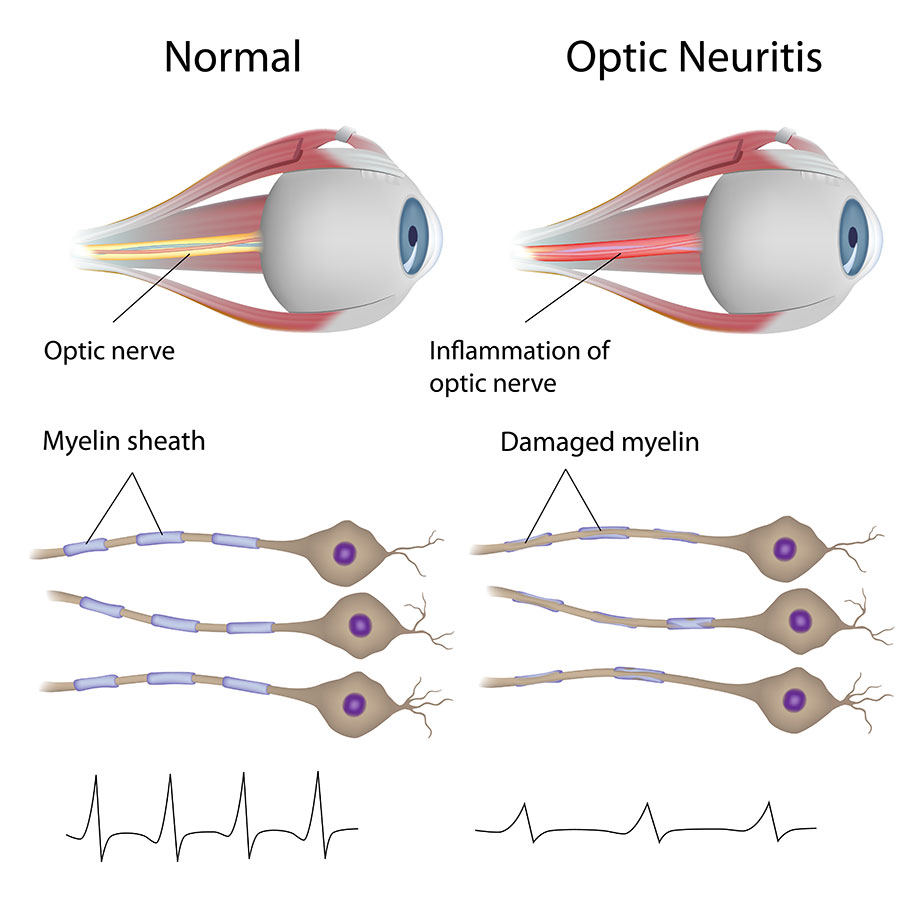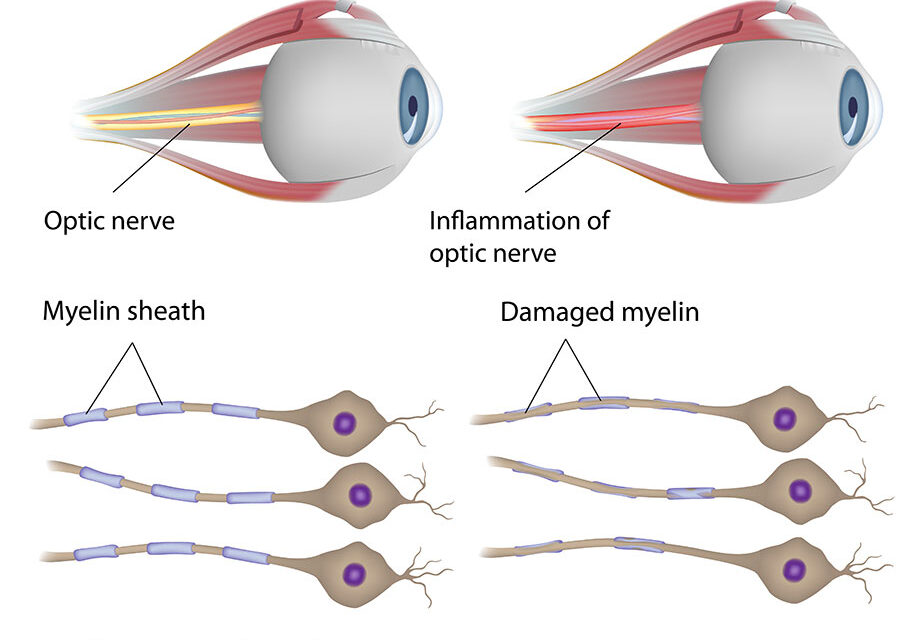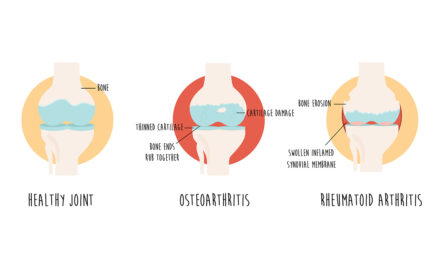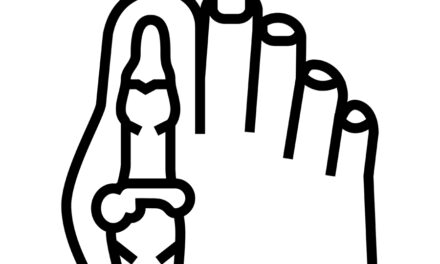WHAT IS NEURITIS, AND HOW TO NATURALLY TREAT IT?
Neuritis is one of the serious nervous disorders and may be more common than people think. When people are diagnosd with certain nerve disorders, like facial parlysis, neuritis may be the root cause. The inflammation of nerves, can impact a singular nerve or a series of nerves. Occasionally, it extends its reach to various nerve groups situated in different body parts, leading to what is termed as polyneuritis. Although commonly referred to as polyneuropathy, it’s important to note that the condition isn’t strictly an inflammation but rather a transformation in the nerve state, giving rise to symptoms such as weakness, diminished reflexes, and altered sensations. Let’s delve into the intricacies of this nerve-related condition and explore its nuances.
Symptoms
Neuritis manifests through distinct symptoms such as tingling, burning, and stabbing pains in the affected nerves. In more severe instances, numbness, loss of sensation, and paralysis of nearby muscles may occur. For instance, facial nerves on the affected side undergoing changes might lead to temporary paralysis of the face. In the acute stage, the patient may struggle to close their eyes due to weakened muscles on the affected side. Additionally, neuritis can be induced by pernicious anaemia, impacting spinal nerves and causing challenges such as difficulty walking in the dark for affected individuals.

(common neuritis condition)
ingCauses
Neuritis primarily stems from chronic acidosis, an excessive acid condition in the blood and other bodily fluids. Ideally, all body fluids should maintain an alkaline reaction. However, when continuous formation of acid waste occurs in the tissues due to a flawed diet over an extended period, it leads to acidosis. Unhealthy lifestyle habits, excessive work, and similar factors can weaken the nervous system, contributing to neuritis. Nutritional deficiencies, metabolic disturbances, including faulty calcium metabolism, and shortages of vital B vitamins like B12, B6, B1, pantothenic acid, and B2, as well as general toxaemia, can also prompt this condition. Other triggers encompass physical trauma such as blows, penetrating injuries, severe bruises, heavy pressure on nerve trunks, dislocations, and fractures. Violent muscular activity or over-extension of joints, as seen in sprains, may also result in nerve injuries leading to neuritis. Furthermore, infections like tuberculosis, diphtheria, tetanus, leprosy, and diabetes mellitus, as well as poisoning from insecticides, mercury, lead, arsenic, and alcohol, are additional causes of neuritis.
Treatment
Treating neuritis with painkilling drugs may offer temporary relief, but it doesn’t effectively address the root cause. While the pain subsides momentarily, it comes at the expense of the overall health of vital organs like the heart and kidneys, allowing neuritis to persist. The optimal approach to neuritis treatment involves receiving well-assimilated, nutritious food with a focus on whole grains, especially whole wheat and brown rice, raw and sprouted seeds, and soured raw milk along with homemade cottage cheese. A balanced regimen might include a breakfast of fresh fruits, a handful of raw nuts, or a couple of tablespoons of sunflower and pumpkin seeds. For lunch, steamed vegetables, whole wheat chapatis, and a glass of buttermilk can be consumed, while dinner may consist of a large bowl of fresh green vegetable salad, homemade cottage cheese, fresh butter, and another glass of buttermilk. This nutritional approach prioritizes a holistic well-being to effectively address neuritis.
In severe cases, a brief juice fast lasting four or five days is recommended for the patient before introducing the optimal diet. Juices derived from carrots, beets, citrus fruits, apples, and pineapples can be utilized. The B group vitamins have demonstrated significant benefits in both preventing and treating neuritis. Administering vitamins B1, B2, B6, B12, and pantothenic acid together has proven effective, with relief from extreme pain, weakness, and numbness observed in some cases within an hour. To address the root cause of neuritis, patients should steer clear of white bread, white sugar, refined cereals, meat, fish, tinned foods, tea, coffee, and condiments, as they contribute to acid impurities saturating the tissues.
Several remedies have shown promise in neuritis treatment, including soybean milk. Consuming a nightly mixture of a cupful of soybean milk with a teaspoonful of honey aids in toning up the nervous system due to its rich concentration of lecithin, vitamin B1, and glutamic acid. To prepare soybean milk, soak the beans in water for about 12 hours, remove the skins, wash thoroughly, grind into a fine paste, mix with three times its quantity of water, and boil slowly, stirring frequently. After cooling slightly, strain through cheesecloth, add sugar, and barley brew is another effective remedy for neuritis. Boil one-quarter cup of all-natural pearled barley in two quarters of water until it reduces to about one quarter, then strain carefully. For enhanced efficacy, mix with buttermilk and lime juice.
Additionally, raw carrot and spinach have proven valuable in neuritis due to their richness in essential elements. Consuming at least half a liter of the combined raw juices of carrot and spinach daily is the quickest and most effective way for the body to obtain and assimilate these vital elements.
It’s worth undergoing two or three hot Epsom salt baths per week, with a recommended duration of 25 to 30 minutes per bath. Additionally, the affected areas should be bathed multiple times daily in hot water mixed with Epsom salt—a tablespoon of salt to a cupful of hot water. Engaging in activities such as walking and other moderate exercises is just as important as the right diet.
Source: Health Library (archives)



















